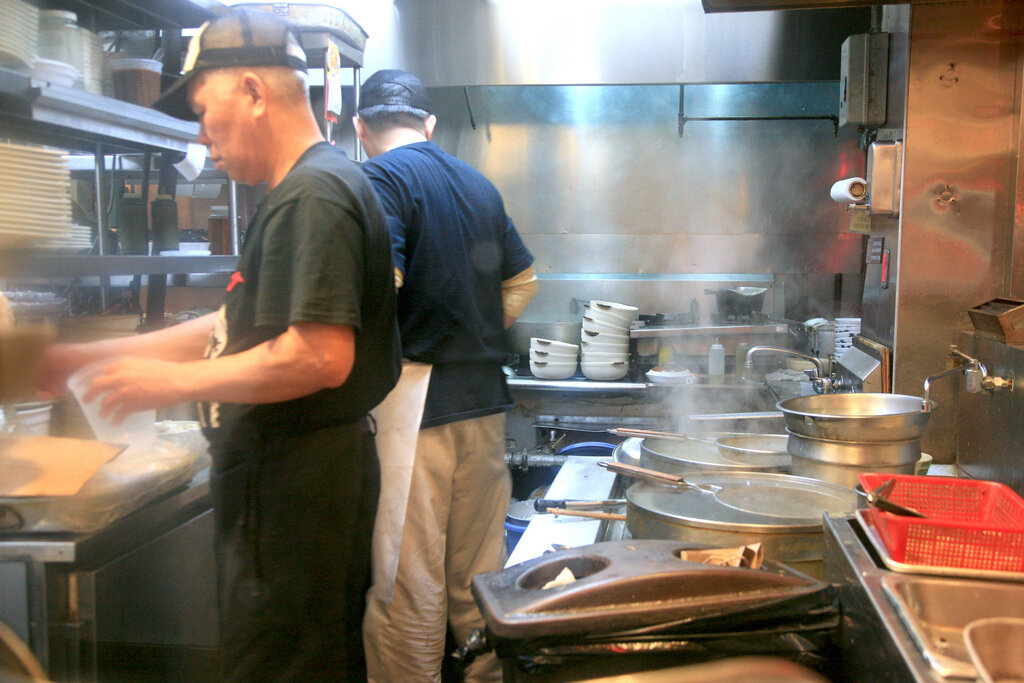
Honolulu minimum wage is lowest among 15 most expensive U.S. cities
While residents of metropolitan areas with high prices also tend to have higher incomes, that’s not the case in Honolulu—and especially not true for minimum wage workers.

Hawaiʻi’s household income loss is the highest in the nation
6 in 10 Hawaiʻi adults now live in a household in which at least one person has lost income

Who are Hawaiʻi’s frontline workers?
The pandemic has shown us how crucial frontline industry workers are to Hawaiʻi’s economy. Sadly, many of these workers are underpaid and under-protected.

Appleseed COVID-19 response will focus on assisting state in managing social safety net programs
During this crisis, Appleseed’s concern lies with the working families and children of Hawaiʻi.

State research confirms economic benefit of minimum wage hikes
The Department of Business, Economic Development and Tourism’s latest report demonstrates that a living wage is not only possible, it is economically desirable.

Trump’s Public Charge rule could cost Hawaiʻi tens of millions in revenue
The financial cost of the rule change is in addition to the harm done to the health and resilience of immigrant families through the “chilling” effect on benefits-use that has already been documented in Hawaiʻi.

No cause for panic: Hawaiʻi’s economy is OK
A quarter of slow growth is no reason for lawmakers to forgo important economic justice measures like raising the minimum wage.

50 years in the fight for equal justice
Victor Geminiani, founding director of Hawaiʻi Appleseed and career advocate for low-income and underserved communities, will retire on August 31, 2019.

Redefining poverty would throw millions off critical social support programs
A Trump Administration rule change would force millions of Americans off critical programs that help women, children and families meet their basic needs.
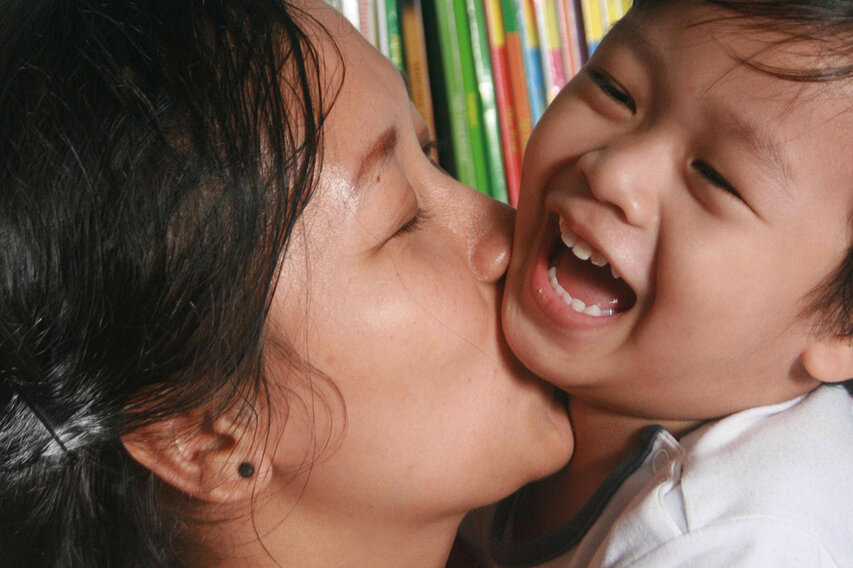
How high is too high? We actually know a lot about minimum wage increases
Raising the minimum wage would boost not just the pay of many struggling Hawaiʻi workers and their families; it would also boost the local economy.

Appleseed announces 2019 policy agenda
After months of research spent examining these critical issues, this agenda prioritizes efforts for maximum benefit to the community at-large.

Public charge rule change would hurt Hawaiʻi’s economy
Not only would the proposed rule change adversely impact the standard of living of Hawaiʻi’s immigrant families, it would also harm Hawaiʻi’s overall economy.
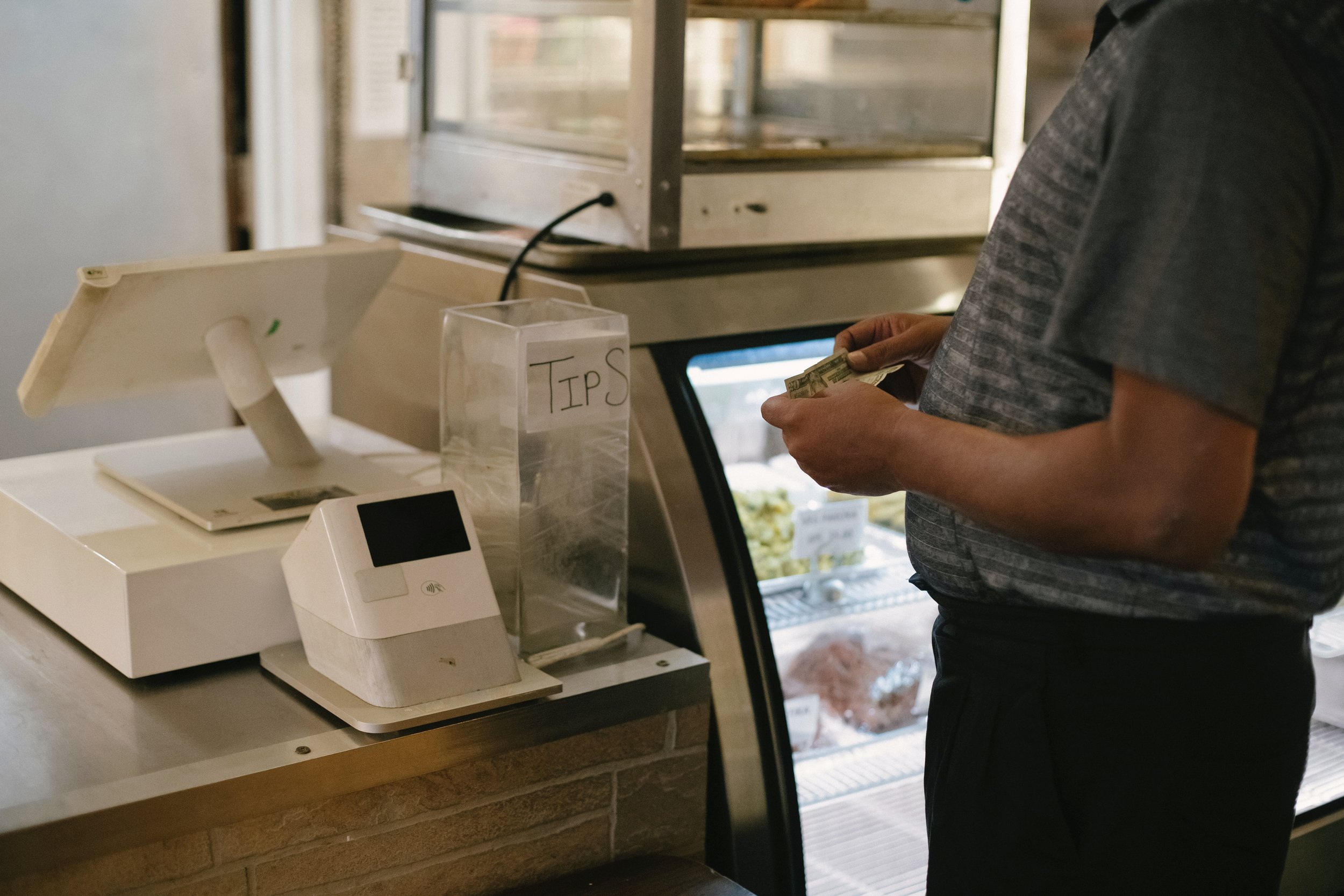
Incomes in Hawaiʻi are not as high as you’ve heard: Here’s why
Over the years, the media has often reported that Hawaiʻi incomes are among the highest in the nation. If that doesn’t sound quite right to you, trust your gut.

Official poverty data obscures the reality faced by many Hawaiʻi residents
If you hear Hawaiʻi has one of the lowest official poverty rates in the nation, remember that doesn’t take into account our highest-in-the-nation cost of living.

Hawaiʻi state budget highlights, 2017–19
Hawaiʻi’s budget is the blueprint for our current and future prosperity, and is an economic engine in itself, making up 20 percent of the state’s gross domestic product.
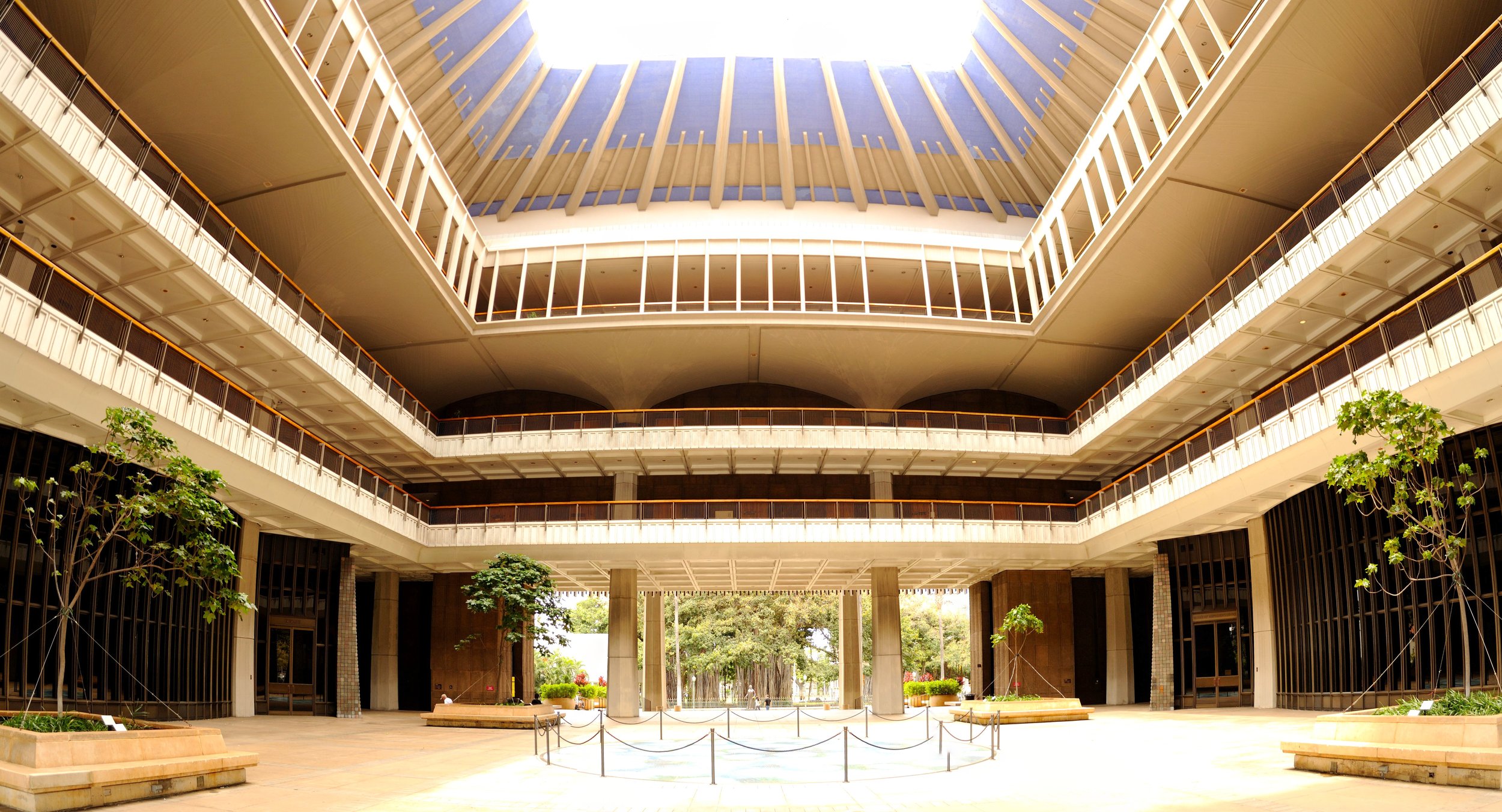
Coming soon: The Hawaiʻi Budget and Policy Center
Hawaiʻi Appleseed is creating a new think tank focused on research and analysis of state budget and tax policy—the Hawaiʻi Budget & Policy Center (HBPC).
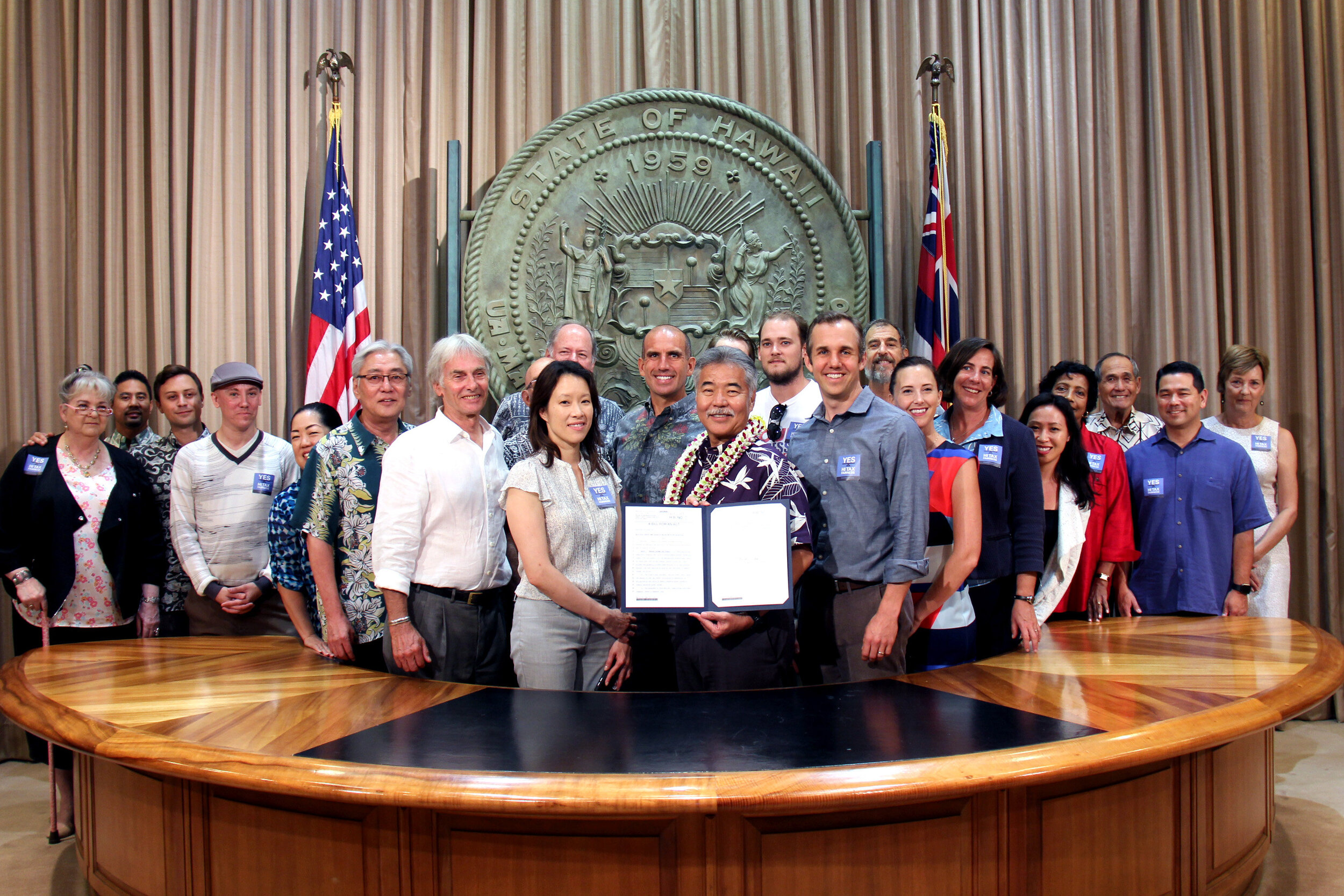
Governor Ige signs HB209, a win for working families and children
With this new law, Hawaiʻi joins 28 other states and Washington D.C. in offering a state-level EITC to help working families keep more of their earnings.

Hawaiʻi bill will create historic new working families tax credit
Rep. Scott Saiki called passage of the bill the “most consequential work in the last few years to reduce poverty and Hawaiʻi’s high cost of living.”

Report emphasizes need for Hawaiʻi working family tax credit
Report highlights the financial situation of Hawaiʻi residents and their opinion of tax credits that would let low-income workers keep more of what they earn.

A win for Hawaiʻi’s foster families
The state human services department has agreed to increase the amount that should be paid to cover the expense of caring for children in foster care.
